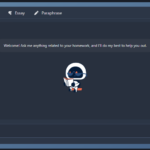You've heard the buzz about AI in SEO, but what's it all about? Don't worry, you're not alone.
In this guide, you'll explore the world of AI keyword optimization tools, learn why they're a game changer for SEO, and discover how to implement them in your strategy.
You're about to revolutionize your SEO game – let's get started!
Understanding AI in SEO
Diving into the world of SEO, you'll soon realize AI plays a crucial role in optimizing your keywords. It's not just about picking the right phrases anymore. AI algorithms can analyze massive amounts of data to predict what users are searching for, allowing you to tailor your content accordingly.
You might be wondering, how does AI do this? Well, it's all in the patterns. AI uses machine learning to identify trends in how people search. It looks at the keywords they use, the questions they ask, and even how their searches change over time. This information isn't only valuable for understanding your audience's needs, but it also allows you to anticipate future search trends.
But don't think AI is doing all the work for you. You still have to put in the effort to create high-quality content that answers the questions your audience is asking. AI is a tool, not a replacement. It can highlight the keywords you should be using, but you've got to weave them into your content seamlessly.
Understanding AI in SEO is about recognizing the balance between technology and human touch. While AI can provide the data you need to optimize your keywords, it still takes a human to create content that resonates with your audience. So, don't see AI as a threat but as an ally in your SEO journey. It's a powerful tool that, when used correctly, can help you reach more people and grow your online presence.
Importance of Keyword Optimization
Now, with the help of AI in your SEO toolbox, you're better equipped to understand the importance of keyword optimization in boosting your online visibility. This process, often overlooked, is vital in attracting your target audience and elevating your website's search engine ranking.
Keyword optimization isn't just about incorporating relevant words or phrases into your content. It's about understanding what your potential customers are searching for and making sure those exact terms or similar ones appear in your online materials. You're not just blindly throwing words out there, you're strategically placing them where they'll do the most good.
By effectively using keywords, you're making it easier for search engines to understand what your website is about. When search engines can easily identify your site's purpose, it's more likely to recommend your page to users who are looking for content like yours.
On the flip side, if you're not optimizing your keywords, you're essentially invisible. You could have the most informative, engaging content out there, but without the right keywords, your target audience might never find it. And if they can't find it, they can't engage with it or share it.
But don't just use any keywords. Be smart about it. Use AI tools to analyze keyword trends, understand user intent, and predict future keyword performance. These insights can help you fine-tune your keyword strategy, ensuring you're not just using the right words, but using them in the most effective way possible.
Exploring AI Keyword Optimization Tools
Let's explore some of the top AI keyword optimization tools you can use to enhance your SEO strategy. Leveraging artificial intelligence, these tools can help streamline your keyword optimization process, making it more accurate, efficient, and effective.
First off, there's Market Brew, an AI-based platform known for its predictive modeling capabilities. It simulates search engine algorithms, helping you understand how changes in content and structure affect your site's ranking. It's like having a crystal ball that predicts your SEO future.
Next, BrightEdge is another AI-driven SEO tool that provides data-backed keyword recommendations. It doesn't just analyze your site, but also your competitors', giving you an edge in strategizing your SEO.
Then, there's CanIRank, an AI SEO software that offers specific action recommendations, not just data. It tells you exactly what to fix and how to fix it, making SEO optimization less overwhelming.
Don't forget about Clearscope, an AI-based content optimization tool that provides keyword suggestions. It's perfect if you're focused on creating SEO-friendly content.
Lastly, there's WordLift, an AI-powered SEO tool that helps you structure content better for both search engines and users. It turns your text into machine-friendly content, enhancing its visibility in search results.
These AI keyword optimization tools are powerful assets in mastering SEO. They don't just save you time but also provide you with data-driven insights, making your SEO strategies more targeted and effective.
Implementing AI in Keyword Strategy
In your journey to improve SEO, integrating AI in your keyword strategy can significantly boost your website's visibility and ranking. AI tools streamline the process of keyword research, making it more efficient and effective. They provide real-time data and insights, helping you to understand your audience's needs and preferences, and enabling you to tailor your content accordingly.
Before implementing AI, it's crucial to understand how it works. AI keyword tools use machine learning algorithms to analyze search behavior, identify keyword trends, and predict future patterns. They offer precise keyword suggestions, considering factors such as search volume, competition, relevancy, and user intent.
To implement AI in your keyword strategy, start by selecting an AI keyword research tool that suits your needs. Next, input your main keyword or topic into the tool. The AI will generate a list of related keywords, along with useful data such as search volume and competition level. Analyze this data to identify high-value keywords that are relevant to your content and have a good balance of search volume and competition.
Once you've chosen your keywords, weave them naturally into your content. AI tools can also help with this, suggesting the best places to include your keywords for maximum SEO impact. Remember, SEO isn't just about stuffing your content with keywords. It's about creating valuable, relevant content that meets your audience's needs.
Implementing AI in your keyword strategy isn't a one-time process. Continuously monitor your SEO performance, adjust your keywords and content as needed, and keep exploring new AI tools to stay ahead of the game.
Measuring Success With AI SEO Tools
You've selected your AI SEO tool, optimized your content with carefully chosen keywords, but how do you measure success? The answer lies in analytics and metrics.
AI SEO tools offer robust analytics features that help you evaluate the effectiveness of your SEO strategies. You'll want to pay attention to key performance indicators (KPIs) like organic traffic, bounce rate, conversion rate, and dwell time. These metrics can provide valuable insight into how well your website is attracting and engaging visitors.
Organic traffic is the number of visitors coming to your site from unpaid search results. A steady increase in organic traffic indicates that your SEO strategies are effective.
Bounce rate, on the other hand, is the percentage of visitors who leave your site after viewing only one page. A high bounce rate could mean that your website isn't engaging enough or that the content isn't relevant to the user's search.
Conversion rate measures the percentage of visitors who complete a desired action on your website, like making a purchase or signing up for a newsletter. A high conversion rate suggests that your site isn't only attracting visitors but also compelling them to engage with your content or products.
Dwell time, the amount of time a visitor spends on your site, also gives insight into the effectiveness of your SEO strategies. Longer dwell times usually indicate that visitors find your content valuable and engaging.
Frequently Asked Questions
What Is the Cost Range of AI Keyword Optimization Tools?
You're curious about the cost range of AI keyword optimization tools. It's a bit wide, as these tools can range from free to several hundred dollars per month. The price depends on the features you need: advanced analytics, competitor analysis, etc.
Free tools are basic, while premium ones offer more. Remember, you're investing in your site's visibility and traffic, so choose wisely. It's a small price to pay for a successful online presence.
Can AI Keyword Optimization Tools Be Used in Languages Other Than English?
Yes, you can use AI keyword optimization tools in languages other than English. These tools aren't just designed for English. They're versatile and can handle multiple languages.
However, it's essential to check if the specific tool you're considering supports the language you need. Not all tools may offer the same range of language options. So, make sure you're choosing a tool that suits your specific needs.
What Are Some Potential Drawbacks or Limitations of Using AI in Seo?
You might find that using AI in SEO comes with certain drawbacks.
For one, AI tools can't fully grasp the nuances of human language, potentially leading to keyword stuffing.
Additionally, they can't strategize or adapt to changes in Google's algorithm as a human expert might.
Lastly, depending on the tool you're using, it may not cater to languages other than English.
How Long Does It Usually Take to See Results After Implementing AI in Keyword Strategy?
When you start implementing AI in your keyword strategy, it's not an overnight miracle. The timeline can vary, but typically, you'll start seeing results within 3 to 6 months.
This is because AI needs time to learn, adapt, and optimize your strategy. Keep in mind, SEO is a long-term game, so don't get discouraged if you don't see immediate changes.
It's about consistent growth over time.
Are There Any Specific Skills or Knowledge Required to Effectively Use AI Keyword Optimization Tools?
To effectively use AI keyword optimization tools, you'll need a basic understanding of SEO principles. It's also helpful to have some knowledge of data analysis, as these tools often provide detailed analytics.
Familiarity with the specific tool you're using is crucial as well. Don't worry, though! Most tools come with comprehensive guides and tutorials to help you get started.
Conclusion
In mastering SEO, you've learned the significance of keyword optimization and the role of AI tools.
You've explored various AI tools, implemented them in your keyword strategy, and measured their success.
Remember, SEO isn't a one-time task, but an ongoing process. Keep refining your strategies with AI and watch your digital presence soar.
Stay ahead of the curve with AI in SEO; it's the future of successful online marketing.
















